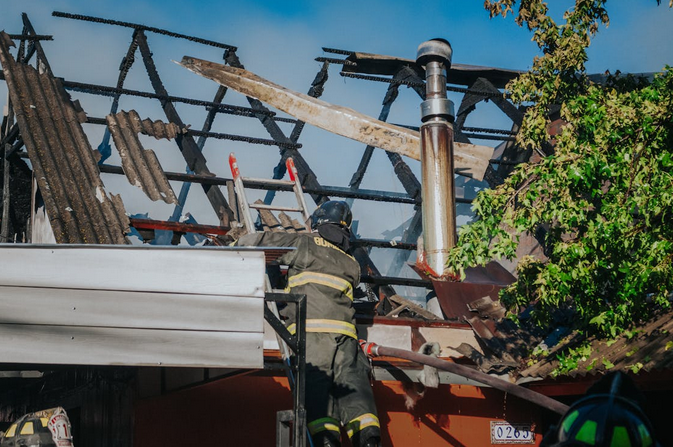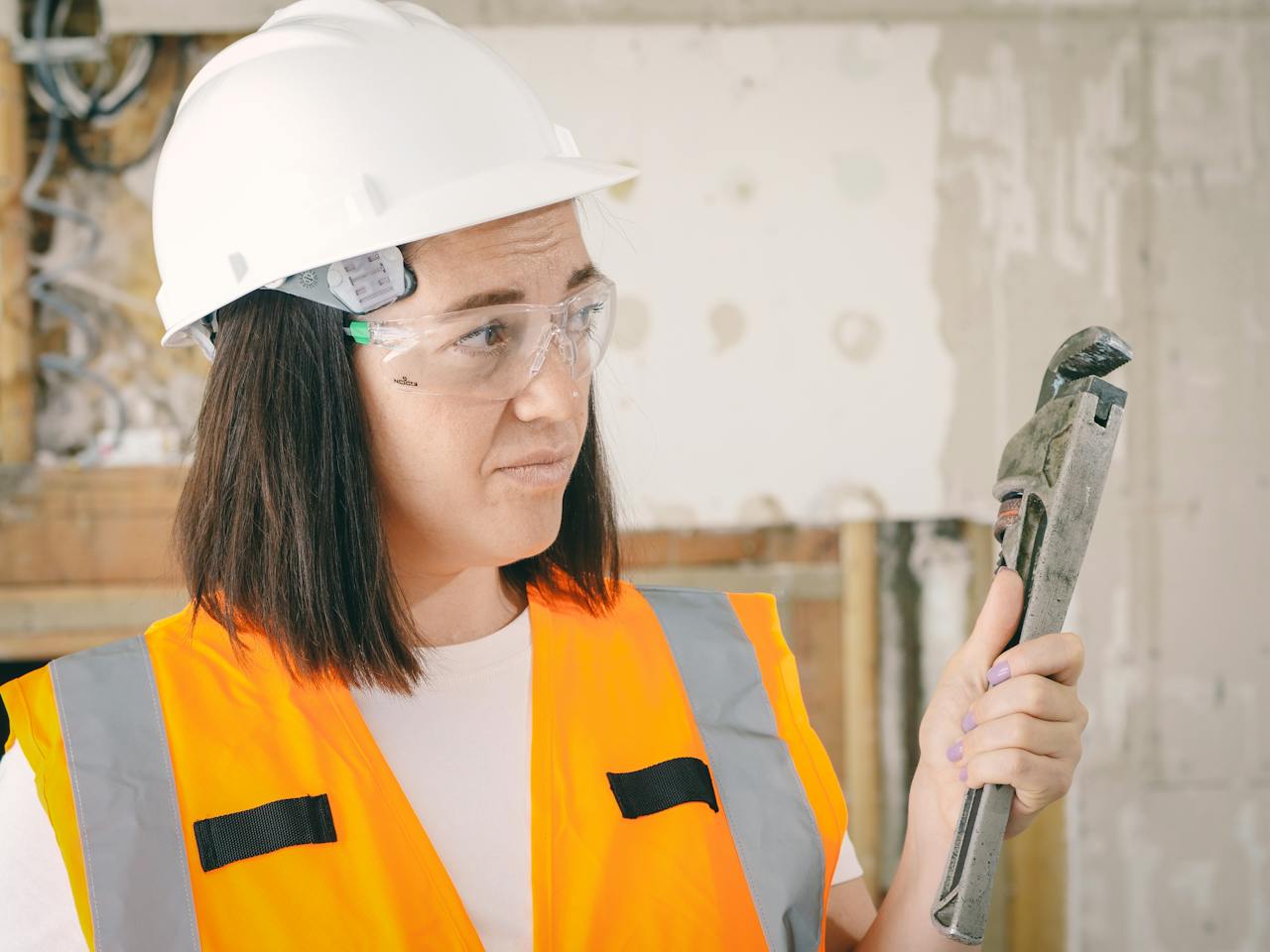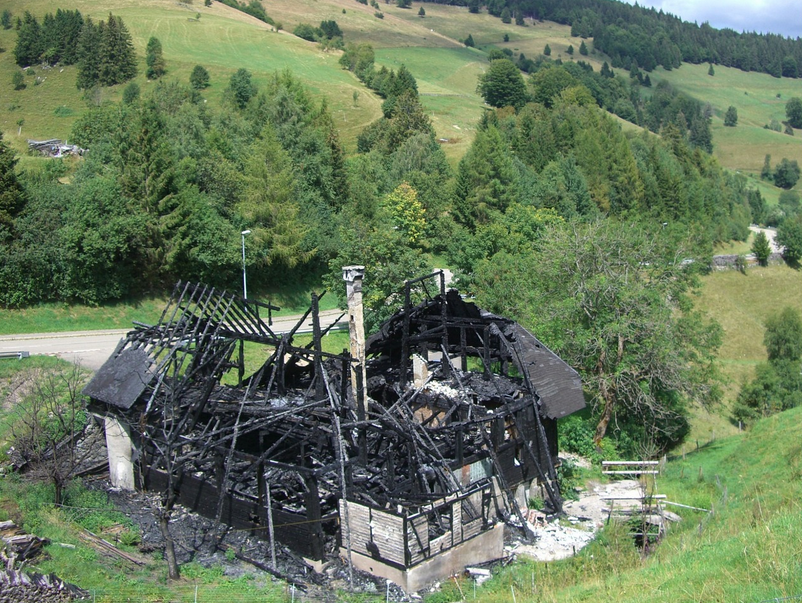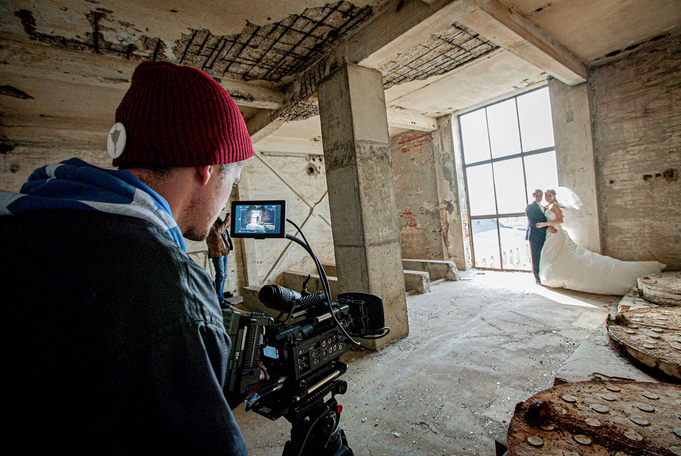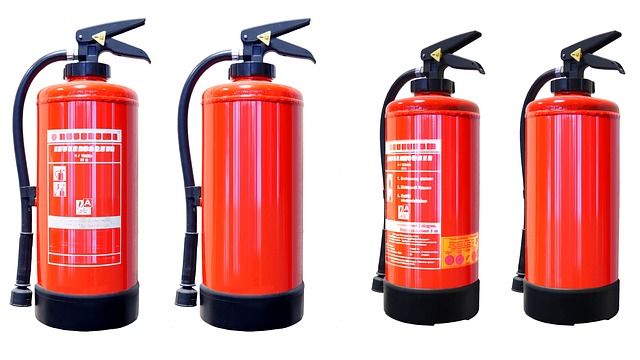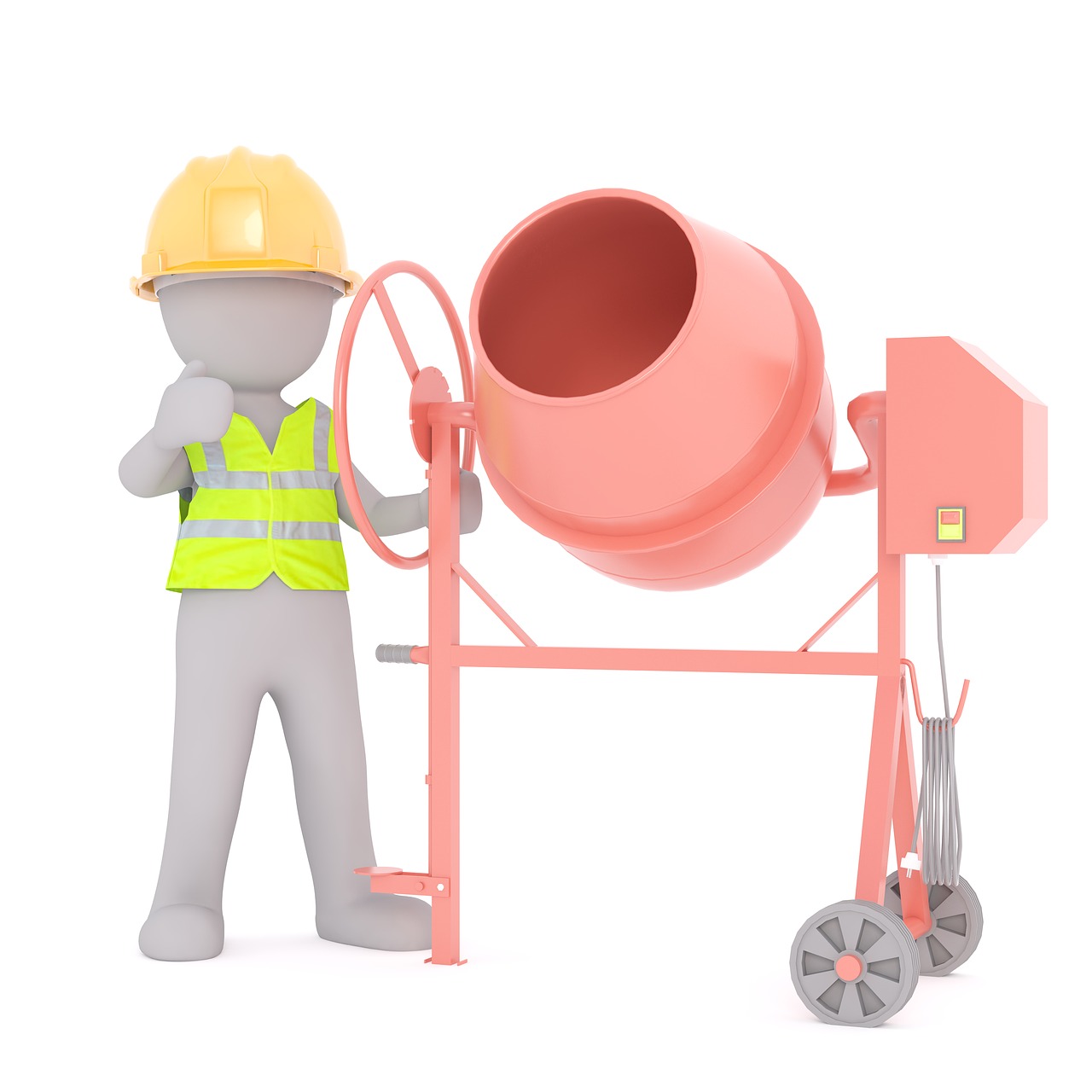Cardboard vs Plastic vs Biodegradable: Which Catering Boxes Work Best
When it comes to packing meals, the type of boxes you use matters more than most think. Your choice of boxes influences presentation, durability, and even the environmental footprint of your catering service. Choosing the wrong type can leave food soggy, customers frustrated, or your eco-credentials questioned. Each option, cardboard, plastic, and biodegradable, has pros and cons. Understanding them helps you make smarter choices and impress clients consistently. From quick-serve lunches to high-end catering, knowing what works best ensures that meals arrive in style and taste. Let’s break down the strengths and limitations of each material.
Cardboard: Classic and Practical
![]() Cardboard boxes are the go-to for many catering businesses. They are sturdy, inexpensive, and easy to stack. Most cardboard boxes are coated or waxed to resist minor moisture, making them suitable for sandwiches, pastries, and dry items. However, cardboard isn’t perfect for liquid-heavy dishes. Soups or saucy meals can seep through if the coating is too thin. Still, their eco-friendly image is appealing, and they are recyclable in most areas. Cardboard offers a good balance between cost, presentation, and sustainability for many applications.
Cardboard boxes are the go-to for many catering businesses. They are sturdy, inexpensive, and easy to stack. Most cardboard boxes are coated or waxed to resist minor moisture, making them suitable for sandwiches, pastries, and dry items. However, cardboard isn’t perfect for liquid-heavy dishes. Soups or saucy meals can seep through if the coating is too thin. Still, their eco-friendly image is appealing, and they are recyclable in most areas. Cardboard offers a good balance between cost, presentation, and sustainability for many applications.
Plastic: Durable but Debatable
Plastic catering boxes are reliable when it comes to durability. They hold up well under heavy or wet foods, and many are microwave-safe for convenience. Clear plastic boxes also allow customers to see their meal, which can be a selling point. On the downside, plastic is less environmentally friendly. Unless properly recycled, it can contribute to landfill waste and pollution. High-end clients may view it as cheap or careless. For certain events, the convenience and protection of plastic might outweigh the environmental concern, but it’s a careful calculation.
Biodegradable: Eco-Friendly Choice
![]() Biodegradable boxes are increasingly popular in sustainable catering. Made from materials like cornstarch, sugarcane, or bamboo, they break down naturally over time. They give a positive impression to eco-conscious clients and reduce long-term environmental impact. Still, they can be pricier than cardboard or plastic. Some are less heat-resistant or may become flimsy with very moist or oily foods. Choosing biodegradable boxes often involves weighing environmental values against cost and durability. For many, the green impact is worth the small trade-offs.
Biodegradable boxes are increasingly popular in sustainable catering. Made from materials like cornstarch, sugarcane, or bamboo, they break down naturally over time. They give a positive impression to eco-conscious clients and reduce long-term environmental impact. Still, they can be pricier than cardboard or plastic. Some are less heat-resistant or may become flimsy with very moist or oily foods. Choosing biodegradable boxes often involves weighing environmental values against cost and durability. For many, the green impact is worth the small trade-offs.
Selecting the Right Box for Your Menu
The type of food you serve should guide your choice. Dry foods like sandwiches or wraps work well in cardboard. Heavy or wet dishes may require plastic or specially coated biodegradable boxes. Consider storage, transport, and the impression you want to leave on customers. Labeling, stacking, and portion size also matter. Oversized boxes can be wasteful, while undersized boxes risk spills. Matching your packaging to your menu streamlines operations and improves client satisfaction. Strategic choices make service smoother and presentation cleaner.
There’s no one-size-fits-all answer for catering boxes. Cardboard is affordable and eco-friendly, plastic is durable, and biodegradable boxes signal sustainability. Your selection should balance cost, food type, and environmental impact. By choosing carefully, you protect meals, satisfy customers, and reinforce your brand image. Smart packaging decisions elevate your service from standard to memorable. Every box is more than storage, it’s part of the dining experience and a reflection of your business philosophy.


